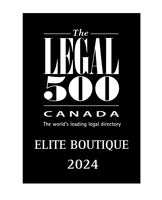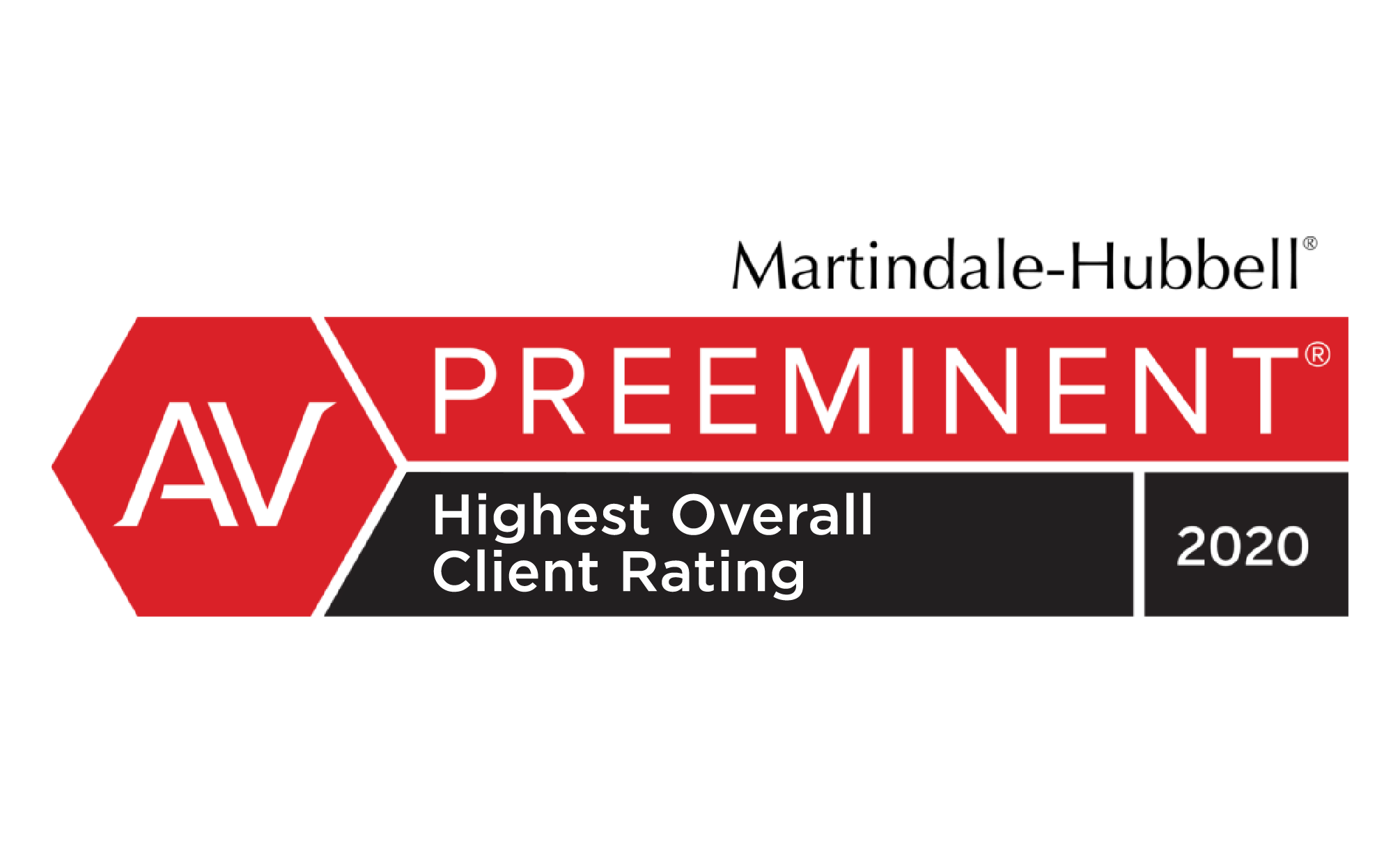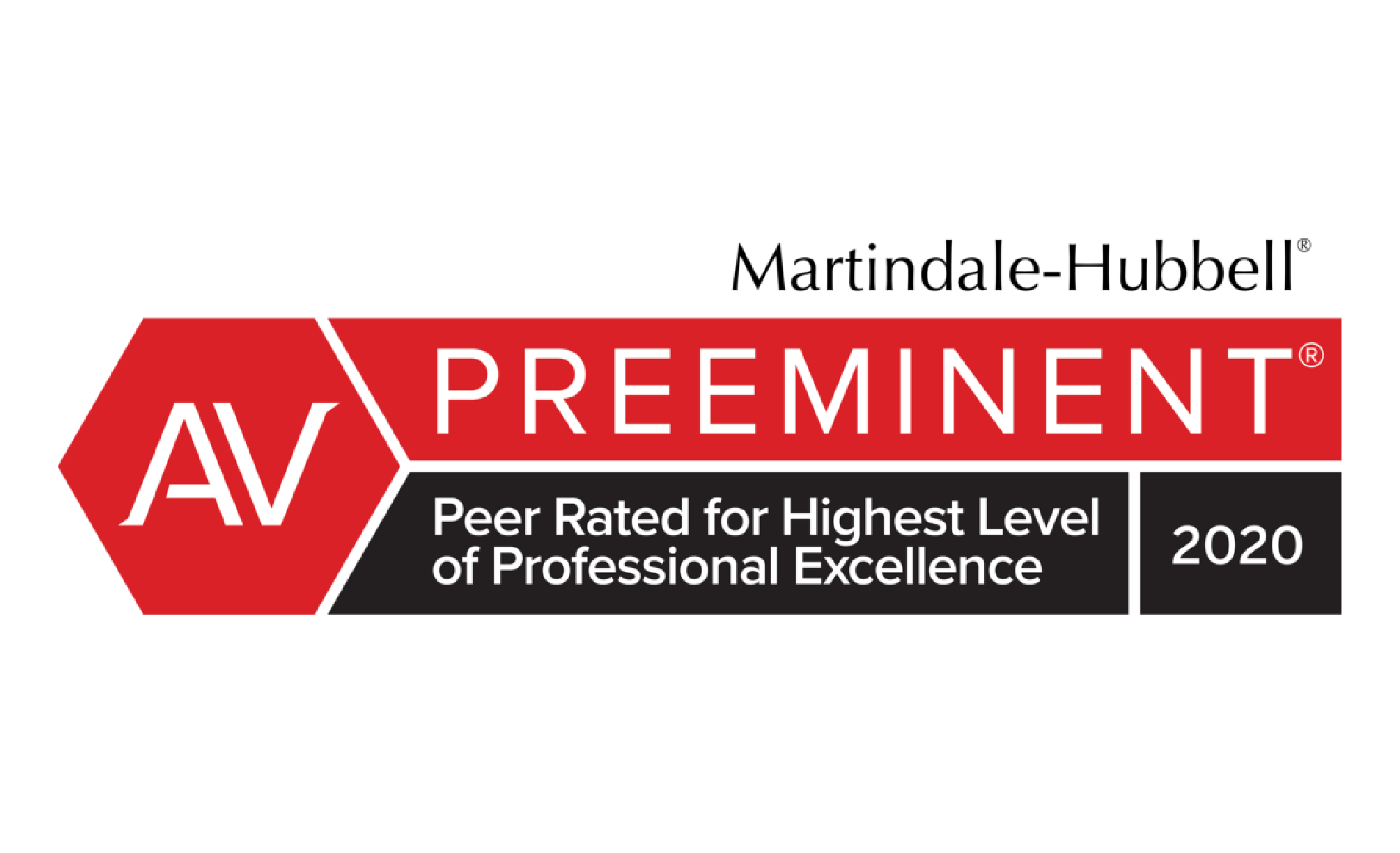
*Thompson Reuters considers the authors “leading tax experts and litigators”. The authors agreed to grant TR partial rights to this work. This article first appeared in TR’s, Practical Insights in May 2020.*
Trap: Do Not Assume the Personal Residence of Directors Is Relevant to the Tax Residence of the Corporation
A corporation’s residence is a question of mixed fact and law.1 The Minister is entitled to make assumptions of fact to support the Minister’s assessment (or reassessment) at the audit and objection stages. At Tax Court, the taxpayer has the onus to demolish the Minister’s assumptions of fact.
This initial onus of “demolishing” the Minister’s exact assumptions is met where the appellant makes out at least a prima facie case: Kamin v. M.N.R., 93 D.T.C. 62 (T.C.C.); Goodwin v. M.N.R., 82 D.T.C. 1679 (T.R.B.).2
If the taxpayer makes out at least a prima facie case, the onus “shifts to the Minister to rebut the prima facie case”.3 In other words, the taxpayer’s burden of proof is to make out a prima facie case, which, if accomplished, satisfies the taxpayer’s initial onus. The onus then shifts to the Minister to prove the assumptions on a balance of probabilities.
It seems likely that the FCA will revisit the taxpayer’s burden of proof when demolishing the Minister’s assumptions in the future. Practitioners should ensure that they stay up to date on the relevant law and remain aware of any modifications to the taxpayer’s burden of proof. However, regardless of the taxpayer’s burden of proof, corporations should document and maintain a record of who is making each decision and where the individuals making the decisions are at the relevant time.
_ElectricBlueGradient.jpg?width=4000&height=1771&name=CounterBlogPattern(2)_ElectricBlueGradient.jpg)
Tip: Do Not Assume the Personal Residence of Directors Is Relevant to the Tax Residence of the Corporation
The relevant considerations for determining a corporation’s central management and control are as follows:
- What decisions are strategic management decisions for the specific corporation under review?
- Who makes the corporation’s strategic management decisions?
- Where are the individuals when they make the strategic management decisions?
The strategic decision makers’ residence under the ITA is irrelevant for determining central management and control. Consider the following example. An individual is resident in Canada under the ITA. The individual spends six months of each year in Canada and six months of each year in the Cayman Islands. The individual is the director of a company incorporated in the Cayman Islands and makes the corporation’s strategic business decisions during her six months in the Cayman Islands. The fact that the individual is resident in Canada under the ITA is irrelevant in determining the location of the corporation’s central management and control.
However, the Agency has, in some cases, confused the common-law test and adopted the position that the decision makers’ residence is relevant when determining a corporation’s central management and control. In fact, the Agency has gone so far as to conclude that a corporation is resident in Canada solely because the corporation’s decision makers are resident in Canada under the ITA, even when the decision makers spent most of their time outside of Canada. In particular, see the following excerpt from the Agency’s audit proposal letter: “…all material transactions with respect to [the corporation] were directed by persons resident in the Province of X, Canada (namely [Ms. X] and [Ms. Y]). As a result, [corporation X] is considered to be a resident of Canada for income tax purposes.”
_ElectricBlueGradient-Flat.jpg?width=4000&height=1771&name=CounterBlogPattern(2)_ElectricBlueGradient-Flat.jpg)
It is clear that the Agency’s emphasis on the decision makers’ residence for tax purposes is wrong. However, we understand the natural tendency to assume that individuals make decisions in the place that they are resident. In these circumstances, corporations seeking to avoid being resident in Canada should consider having the majority of the strategic decision makers reside outside of Canada.
Note that installing nominee directors outside of Canada will not achieve this purpose because the Agency and the courts will look at who actually makes the strategic business decisions, regardless of title. If it is not possible for the majority of the strategic decision makers not to be resident in Canada, the decision makers should take extreme care making strategic management decisions only at meetings held outside of Canada. The corporation should carefully record the strategic decision makers’ travel records and should record minutes of the meetings so that the corporation can defend against a potential Agency proposal that the corporation’s central management and control is in Canada.
Citations:
1 2009 TCC 477, 2009 CarswellNat 2867, 2009 CarswellNat 4324 (T.C.C. [General Procedure]) [1143132 Ontario Limited], para. 24
2 1997 CarswellNat 3046, 1997 CarswellNat 3047, [1997] 2 S.C.R. 336 (S.C.C.) [Hickman Motors], paras. 92-93.
3 Hickman Motors, ibid., para. 94, quoting Magilb Development Corp. v. Minister of National Revenue, 1986 CarswellNat 495, 87 D.T.C. 5012 (Fed. T.D.) at 5018.

.jpg?width=120&name=Counter%20Tax%20Litigators%20Logo%20Stacked%20(MidnightBlue%20on%20White).jpg)












.png?width=400&height=400&name=CT-How_Can_We_Help-22_july_NewGraphic_b(small).png)

.png?width=1386&height=1224&name=2025%20Legal500%20Elite%20Boutique%20Award%20(Badge).png)
.png?width=1386&height=1224&name=ITR%20Finalist%20Practice%20Leader%20of%20Year%20Peter%20Aprile%202024%20(Badge).png)
.png?width=1386&height=1224&name=2025%20Legal500%20Leading%20Firm%20Client%20Satisfaction%20Award%20(Badge).png)





.png?width=1386&height=1224&name=ITR%20Tax%20Innovator%20Finalist%202024%20Award%20(Badge).png)




